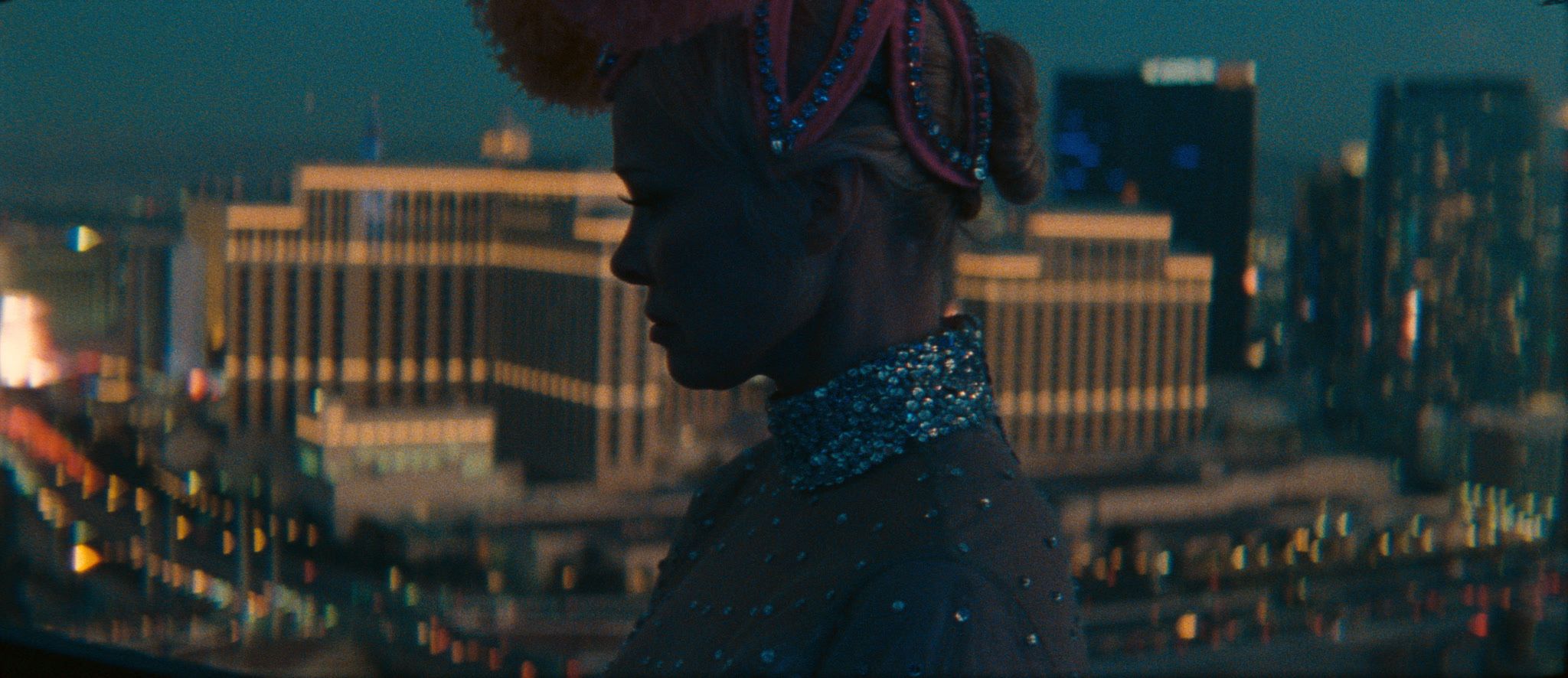Hitchcock: Master of Suspense

Alfred Hitchcock, the maestro of cinema, left an indelible mark on the art of filmmaking with his unparalleled ability to craft suspenseful narratives. Despite being nominated five times for the prestigious Academy Award for Best Director, the genius behind some of the greatest films ever made never received the coveted statuette.
Hitchcock's unparalleled ability to build suspense is encapsulated in his famous quote:
“Four people are sitting around a table talking about baseball or whatever you like. Five minutes of it. Very dull. Suddenly, a bomb goes off. Blows the people to smithereens. What does the audience have? Ten seconds of shock. Now take the same scene and tell the audience there is a bomb under that table that will go off in five minutes. The whole emotion of the audience is different because you’ve given them that information. In five minutes, that bomb will go off. Now the conversation about baseball becomes very vital. Because they’re saying to you, “Don’t be ridiculous. Stop talking about baseball. There’s a bomb under there.” You’ve got the audience working.”
He understood the psychology of filmmaking, manipulating audience emotions with precision. Whether it's the ticking bomb in "Psycho" or the mysterious events in "Rear Window," Hitchcock knew how to create tension and anticipation. His mastery lies not just in what is shown but in what is concealed, making his films a thrilling experience for viewers.
In December 2023, we celebrate Hitchcock's cinematic legacy by revisiting a selection of his timeless classics.
The Birds (1963)

One of the master’s greatest accomplishments has been tainted somewhat by recent revelations over his treatment of star Tippi Hedren. However, Hitchcock’s adaptation of Daphne Du Maurier’s novella remains a terrifying, brilliantly conceived and executed horror film with several fantastic set pieces that live long in the memory. There is no reason given for the bird attacks: Hitchcock invited the viewer to theorize whilst rejecting any unimaginative suggestions of a virus or disease. In another masterstroke, the director famed for his use of thrilling and evocative music didn’t use any at all on The Birds’ soundtrack, relying on the clamour from the creatures themselves to heighten the tension and horror quotient. Get Tickets for The Birds (1963)
Rear Window (1954)

James Stewart is the photographer confined to his apartment with a broken leg who spends his time spying on his neighbors. He becomes convinced that one of his neighbors has murdered his wife and it falls to his impossibly regal girlfriend Grace Kelly to investigate. She is soon placed in peril as the photographer’s suspicions are proved correct, but he is as powerless to intervene as the audience themselves. The camera never leaves Stewart’s apartment in another of the director’s single-setting masterclasses that racks up the suspense notch by notch. Hitchcock’s study of voyeurism is a masterpiece in audience manipulation, turning all of us into a bunch of peeping toms. Get Tickets for Rear Window (1954)
Vertigo (1958)

A critical and public failure on its release, no Hitchcock film has enjoyed such a complete critical turnaround as Vertigo, which in 2012 took pole position in Sight and Sound’s greatest movie list and remains the foremost example of the master’s dark genius. Hitchcock’s most enigmatic and haunting film is a sleeper about obsession and deception that demands multiple viewings to appreciate its many nuances. It’s also the film that is said to reveal more about Hitchcock’s own complex personality than any other. The soft-focus photography and Bernard Herrmann’s deathless score invest the whole film with a dream-like quality, and the hypnotic Saul Bass title sequence is, in Martin Scorsese’s words, “a mini-film within a film.” Get Tickets for Vertigo (1958)
Psycho (1960)

Hitchcock shrouded the production of 1960s “Psycho” in mystery, hoping to keep the film’s twists a surprise. He bought the rights to Robert Bloch’s novel through intermediaries and may have even instructed his secretary to buy up as many copies of the book as she could to help keep its content under wraps. He later forced his cast and crew to take an oath swearing they wouldn’t divulge the plot, and intentionally held the film out of press screenings to prevent critics from spoiling it. The film’s newspaper ads pleaded with the audience to play along, saying, “Please do not give away the ending. It’s the only one we have!”
Legendary, notorious, reviled, revered, much imitated and infinitely influential, Hitchcock himself described his first horror film as a shocker and, even after all these years, the master’s supreme achievement still has the power to shock and awe in equal measure. Psycho cost just $800,000 to make, has now grossed $32m in its lifetime, and is still compulsively watchable today even after umpteen viewings. Hitchcock shamelessly manipulates his audience with Psycho’s flawless first act, purposely disarming them before blindsiding them by shockingly killing off his leading lady less than halfway through the movie. Helped immeasurably by Bernard Herrmann’s score, Hitchcock teases his audience throughout Psycho, confident that when the blood-chilling moments came, they would indeed scare the pants off everyone watching. Get Tickets for Psycho (1960)
To Learn More;
https://film4fan.wordpress.com/2018/09/05/movie-history-alfred-hitchcock/
https://www.history.com/news/9-things-you-may-not-know-about-alfred-hitchcock




%402x.svg)